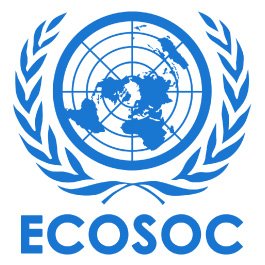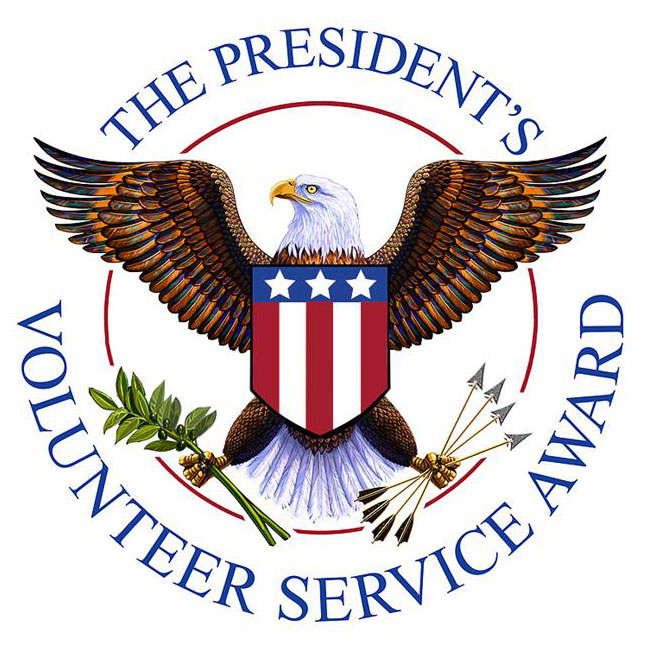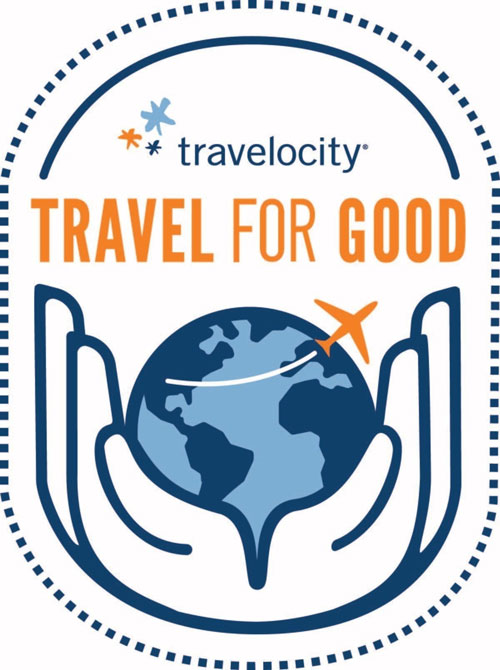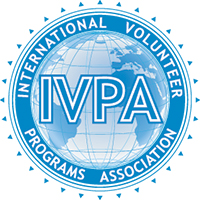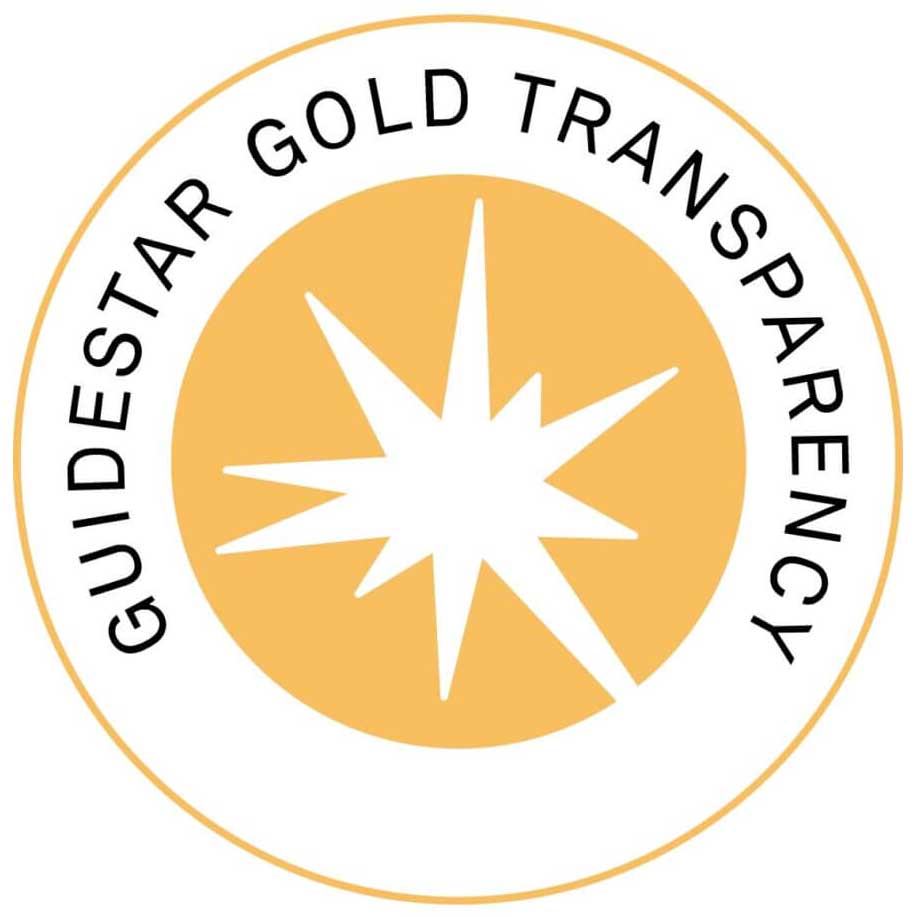This is the summer of the vaccinated travel has in the US, and it's wreaking havoc on some of the nation's airlines and airports. Here are some ways for our Globe Aware volunteers to avoid stress that comes with
I volunteer at a major airport and deal with hundreds of unprepared travelers. Here are 12 ways to avoid lines and have a stress-free summer travel experience
Thomas Pallini
Jul 1, 2021
- Americans have been taking to the skies this summer more than any season since the start of the pandemic.
- Airlines and airports are still adjusting to increased passenger levels, causing long lines and delays.
- These travel tips will help flyers avoid lines and move through the airport easier.
The summer of vaccinated travel has arrived in the US, and it's wreaking havoc on some of the nation's airlines and airports.
AAA estimates that 47.7 million Americans will travel over Fourth of July weekend and air travel will likely see a large share of that number. Every day since June 22 has seen more than 1.8 million travelers depart from US airports and four days in that period have seen more than two million.
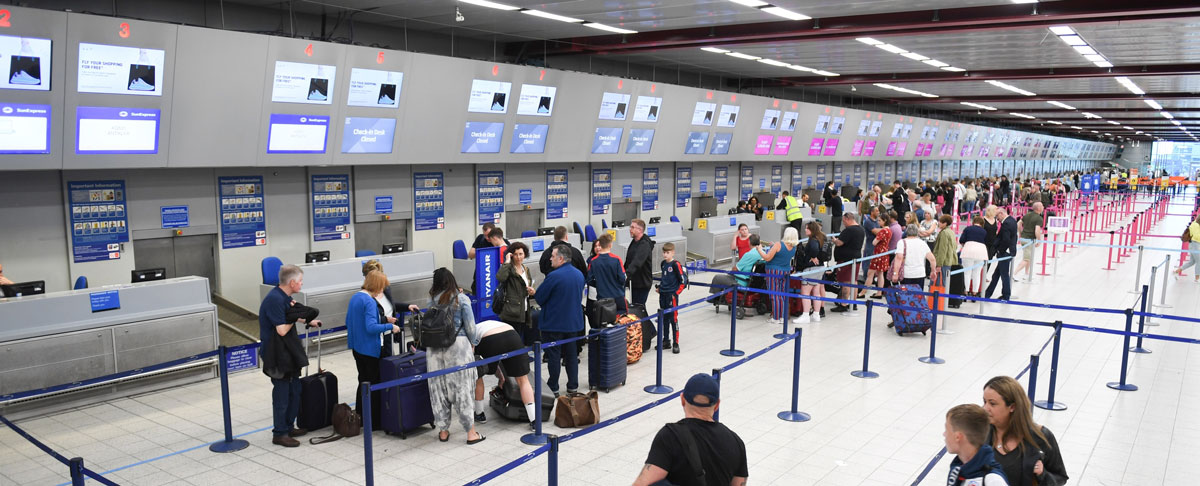
Long lines will be the norm as travelers descend upon airports and airlines are still struggling to adjust to increased passenger volume following months of slowdown due to the COVID-19 pandemic. The onus, this summer, will be on travelers to help themselves instead of relying on the airlines to get them to where they need to be.
I volunteer at New York's John F. Kennedy International Airport and see the most common ways travelers make the airport experience harder than it has to be.
Here's how to have a smoother travel experience this summer.
Check-in online for a flight 24 hours in advance
Online check-in takes no more than a few minutes but can save travelers hours of waiting in line. Flyers can review flight details, change seats, pay for baggage allowance, print boarding passes, and even have boarding passes sent to a phone.
Flyers that get a boarding pass by checking in online can head straight to the security checkpoint when arriving at the airport if they don't have a bag to check.
The check-in rule will also help Southwest Airlines flyers get a better seat as boarding groups are assigned based on check-in time.
Airlines will also use check-in time when determining which flyers to take off a flight in the event that it's oversold.
Those checking a bag should pay the baggage fee online to save time at the airport. Some carriers like JetBlue Airways and Spirit Airlines have bag drop systems where flyers use a kiosk to print their bag tag and then drop it on a conveyor belt.
Download and update all airline mobile applications
Nearly every major US airline has a mobile app that, much like online check-in, can often be used to avoid long check-in lines altogether. Travelers that only plan to bring carry-on bags can go straight to the security screening checkpoint with only a mobile boarding pass.
Airline apps will also have phone numbers and contact options in the event of a delay or cancellation. Flyers can change or cancel their flights on most airline apps, as well.
Arrive extra early for domestic flights and super early for international flights
Even the most experienced travelers can be trapped in a long line and miss their flight. Airlines are short-staffed after reducing headcounts during the pandemic and holiday travel weekends will only compound pressure on staff.
Travelers checking bags should arrive extra early to hedge against long lines. Most airlines advise arriving at least two hours in advance for domestic flights and three hours for international flights but flyers should be more cautious and allow extra time.
And even carry-on passengers should arrive early in case of long lines at the security screening checkpoint or if something goes wrong.
International flights often require additional protocols at check-in where an airline employee will have to verify travel documents and COVID-19 tests. Lines are often longer for international departures since flyers often bring checked baggage and now the added burden of verifying COVID-19 documents means flyers should allow for extra time.
Use apps like Verifly for international flights
Some airlines are using third parties to verify COVID-19 documentation and are letting customers that use the free services cut the line at airports.
American Airlines partners with Verifly, a company that offers mobile health passport services, to speed along the check-in process for international flyers. Travelers upload a profile to the Verifly app, as well as their COVID-19 test results, and have their documentation digitally reviewed long before they arrive at the airport.
American has dedicated check-in lines for Verifly users that have shorter wait times than normal lines. The process can take a few days, however, so flyers should upload the info as early as possible.
Be aware of COVID-19 requirements and print out tests
Many international destinations require negative COVID-19 tests as a prerequisite to entry, and each destination has its own rules on the recency and type of tests required.
Airlines will direct travelers to check-in desks so an employee can review COVID-19 tests. In that case, passengers should arrive extra early in case lines are long.
Having COVID-19 tests printed out can also speed along the process at check-in and arrival in a foreign country.
Travelers without proper tests will often be denied boarding. Some airports do have testing sites but privately-owned sites can charge upwards of $100 for a test.
Some countries also require applying for visas or approvals to enter the country that wasn't once mandated, and flyers should check the entry requirements of their destination country with their airline and the US embassy in that country.
Use TSA PreCheck and Clear at security checkpoints
Flyers may spend a long period of time at check-in only to face another line at the security checkpoint. First class flyers and elite status holders can often use dedicated priority lanes but another method to skip the line is by enrolling in the Transportation Security Administration's PreCheck program.
PreCheck lines are often shorter and travelers in the program save time by leaving their shoes on, laptops in bags, and jackets on, among other perks. Travelers that don't currently have TSA PreCheck can get a five-year membership for $85.
Another method of skipping the line is enrolling in a membership with Clear, a private company that brings members to the front of security lines. Clear isn't available in every terminal but can save time where available.
Travelers can have both a TSA PreCheck membership and Clear membership for double effectiveness, with the latter costing $179 per year. Free trials for Clear are often available and some airlines give their frequent flyers discounts on memberships.
Make the most of airport lounges
Chase Sapphire Reserve and American Express Platinum and Centurion cardholders have complimentary access to Priority Pass lounges around the world. Lounges typically feature plush seating along with free WiFi and complimentary food and beverages.
American Express Platinum and Centurion cardholders also have access to exclusive Centurion Lounges, known for exquisite food and drinks, as well as Delta Sky Clubs when flying Delta Air Lines. Delta Air Lines American Express Reserve cardholders can also access Centurion Lounges and Sky Clubs when flying Delta.
Chase Sapphire Reserve cardholders enrolled in Priority Pass can also dine at some airport restaurants for nearly free, as Insider found on a recent layover in Washington, DC.
Be prepared for a delay or cancellation
Busy travel times are when delays and cancellations are likely to happen, especially as airlines adjust to flying more people. Travelers need to be proactive and have a plan of action ready.
As soon as a delay or cancellation strikes, travelers should be searching for backup options and have a plan to execute them. An hour-long flight delay might very well turn into four hours or even a cancellation, as Insider found on a recent trip to South America.
Long hold times are common but flyers should at least call and get themselves on the callback queue, if an airline has one, in case they need to talk to a reservation agent down the line. Messaging an airline through their apps or using Twitter to direct message an airline as soon as a delay strikes can also help, just so a dialogue is opened as soon as possible.
Flyers should also know where the nearest customer service center is in as agents there can also help flyers.
Use credit card perks like travel insurance
Travel credit cards like the Chase Sapphire Reserve and American Express Platinum have built-in travel insurance that can be used if delays strike, if the travel was paid for by that card. Each card has different requirements and spending allowances but it can help mitigate the inconvenience of a delay or cancellation.
"If your common carrier travel is delayed more than 6 hours or requires an overnight stay, you and your family are covered for Unreimbursed expenses, such as meals and lodging, up to $500 per ticket," Chase's website reads.
If bad weather or sickness strikes, some trip insurance will also cover any prepaid costs like airfare or pre-arranged tours. Baggage delay insurance will also cover expenses if a checked bag is lost by the airline.
Know your rights as a passenger
In the event of an airline-initiated delay or cancellation for an issue other than weather, passengers are often entitled to amenities that help make the delay easier to bear.
Meal vouchers are often distributed in the event of a lengthy delay and airlines will give hotel vouchers if an overnight stay is required away from the traveler's home city.
If a flight is delayed or canceled and another is available at a nearby airport, airlines will often provide transportation to the alternate airport. After the trip is complete, flyers can request delay compensation from an airline to make up for the lost time.
Use your elite status or first class perks
Airlines often have dedicated check-in lines for their most frequent flyers with elite status or first class flyers. If checking in with an airline employee is a must, elite status holders or premium cabin flyers can take advantage of the shorter wait times on those lines.
Bring extra masks
Wearing a face mask while in an airport or on an airplane is still required by federal law in the US, and mandatory by most airlines around the world.
Airlines will also have masks to offer passengers in case they forget a mask, need a replacement mask, or simply need an extra one.
